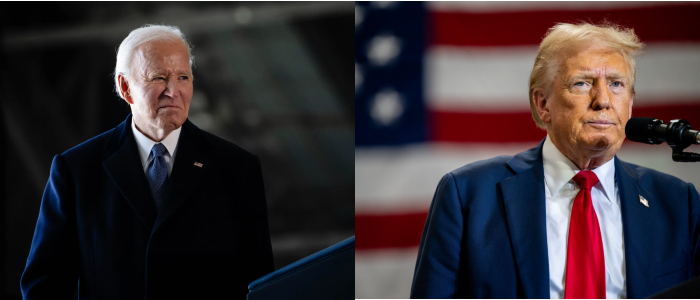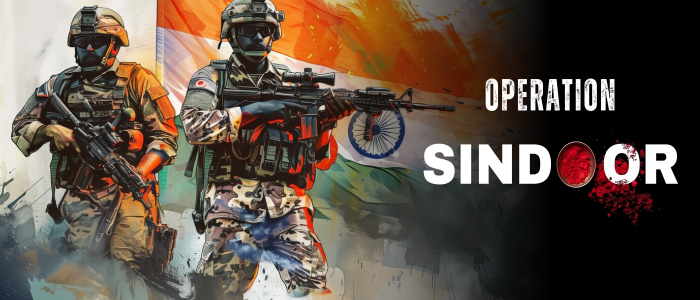ISLAMABAD - Former Chairman Joint Chiefs of Staff Committee Gen (Retd) Zubair Mahmood Hayat on Wednesday cautioned that the extremist ideology of India’s ruling junta was influencing its strategic behaviour across ideological, political and technological dimensions. Speaking on the second day of the international conference on “Nuclear Deterrence in the Age of Emerging Technologies,” hosted by the Center for International Strategic Studies (CISS) in Islamabad, Gen Hayat described India as “the only nuclear-armed state governed by an extremist ideology.” He noted the ideological alignment of India’s ruling Bharatiya Janata Party (BJP) with Rashtriya Swayamsevak Sangh (RSS), saying the government actively promotes a form of forced Hindu nationalism.
“Yet, the world chooses silence. Why? Because India is a large country, and the West’s focus is fixated on containing China,” Gen Hayat said. “These are the double standards, and they are dangerous for global peace and stability.

” He also criticized India’s official use of the name “Bharat” at international platforms, calling it a signal of a deeper ideological transition from a secular democracy to a “Hindu Rashtra.” “India is no longer ‘India.’ It is now ‘Bharat,’ and this is not just a name change—it is a signal,” he said.
Gen Hayat warned that India now possesses the world’s fastest-growing nuclear arsenal and has remained the largest arms importer for over a decade. He highlighted India’s expanding missile development programme, calling it a reflection of growing military ambitions. He also addressed the challenges posed by “multi-domain deterrence”—a strategic concept that integrates capabilities across land, sea, air, space and cyberspace.
Previously absent from traditional deterrence frameworks, multi-domain deterrence introduces a more complex and layered challenge to the global security architecture. The two-day conference drew experts from Australia, Canada, China, Russia, Switzerland, the United Kingdom and the United States to discuss the military implications of emerging technologies. Speakers on the second day included Dr Laetitia Cesari and Ms Almudena Azcárate Ortega from the United Nations Institute for Disarmament Research (UNIDIR), Dr Christine M Leah from the National Institute for Deterrence Studies (Australia), Dr Olamide Samuel from Open Nuclear Network (Austria), and Dr Jessica West from Project Ploughshares (Canada).
Additional panellists were He Miao from China Arms Control and Disarmament Association, Brig (Retd) Dr Zahir Kazmi from Pakistan’s Strategic Plans Division, Dr Rizwana Abbasi and Prof Dr Zafar Nawaz Jaspal from Islamabad-based institutions, Prof Dr Andrey Pavlov from Saint Petersburg State University (Russia), and Vladislav Chernavskikh from Stockholm International Peace Research Institute (SIPRI)..
Politics

India only nuclear-armed state governed by extremist ideology: Gen Hayat

ISLAMABAD - Former Chairman Joint Chiefs of Staff Committee Gen (Retd) Zubair Mahmood Hayat on Wednesday cautioned that the extremist ideology of India’s ruling junta was influencing its strategic behaviour across ideological, political and technological dimensions.















